I don’t have children, but I sit in as a substitute paraprofessional, so I can confidently say that the big one-O is a turbulent year for kids. Ten-year-olds need to deal with changing bodies and challenging thoughts, and sometimes, the best thing to do is give them a good book.
Books are often called windows into other worlds, and they are, but they can also be mirrors through which we can see ourselves from a new perspective. Ten-year-olds are more reflective than people think; I’ve met fourth-graders who ask questions adults like me are too scared to even think about. Sometimes, a good book can give them the answers they seek, arming them with the knowledge they need to make the right choice when their parents and teachers aren’t around to guide them.
It’s hard to pin down what books are right for ten-year-olds. There’s nothing wrong with simple, fun literary adventures, but kids also deserve to read works that challenge their view of something and ask them to think about how they treat others. Here are my ten best books for ten-year-olds.
10. A Wrinkle in Time by Madeleine L’Engle
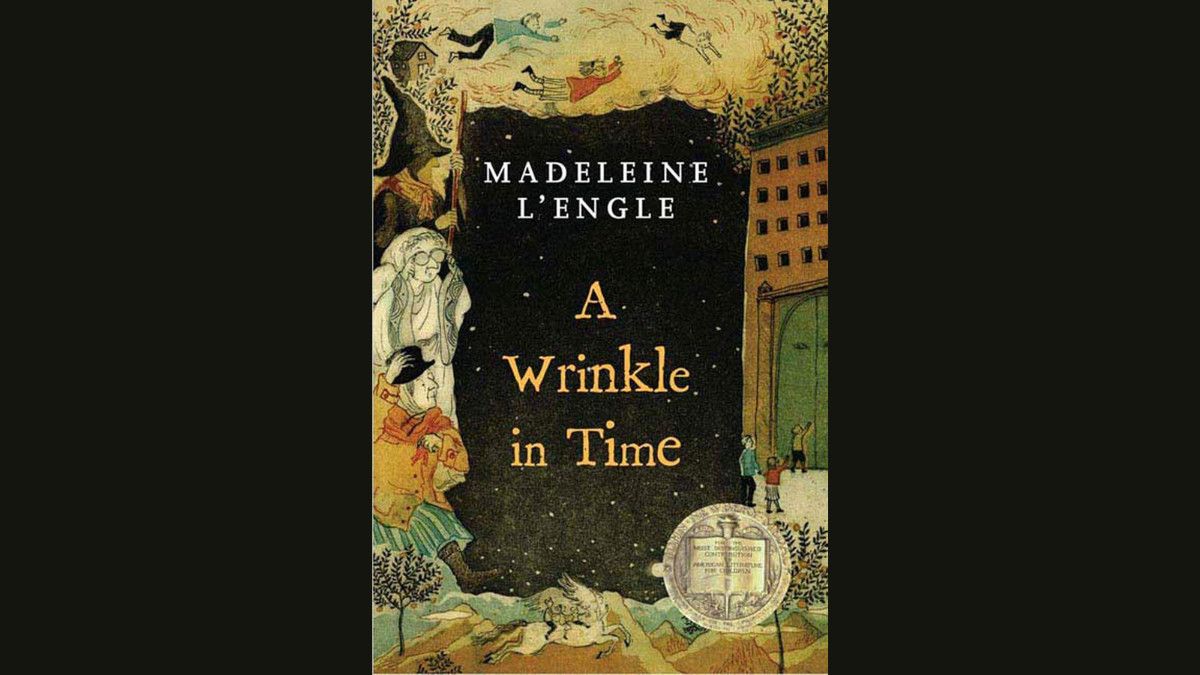
Unless you’ve lucked out and found a kid who means it when they say they want to be the next Einstein, it’s hard to get children to engage with science. A Wrinkle in Time by Madeleine L’Engle makes science (and learning) appealing to children by blending the hard laws of science with the fantastic whims of magic.
The world L’Engle weaves is a hornet’s nest of uncapped delight. From ancient witches who travel the stars through fourth-dimensional shapes to disembodied telekinetic brains lording over totalitarian cities, L’Engle’s fantastical take on the universe is one any child will love to explore, and its themes of empowerment through knowledge might convince them to pay more attention in school.
9. The Honest Truth by Dan Geimenhart

Children who suffer from chronic illness fight battles every day, and that struggle can make it hard for them and the ones they love to feel anything besides despair. The Honest Truth by Dan Geimenhart doesn’t have all the answers, but it could give a child stuck in a hospital the strength to soldier on another day.
This story of a sick boy, his loyal dog, and the perilous mountain they set out to climb together is a story about endurance—endurance in the face of the elements, dark thoughts, and the fear of what might happen tomorrow. It’s also a celebration of the small wonders that, all too often, get lost in the shadows of life’s challenges.
8. Where the Red Fern Grows by Wilson Rawls

I’ve been a pet owner for most of my life, and my bookshelf is full of stories about ordinary people who form extraordinary, life-changing bonds with animals. Unfortunately, because books like this are so good at making you drop your guard, they’re uniquely equipped to shank you right in the feels. Where the Red Fern Grows by Wilson Rawls is no exception.
A heartfelt tale of a boy from the Ozarks who befriends not one but two adorable coon hounds, Where the Red Fern Grows is an emotional double-edged sword. Wilson’s prose reflects the irreplaceable joy of exploring the untainted wild with a loyal animal companion. However, the book’s ending teaches an important lesson: cherish your time with your pets; you never know how long they’ll be around.
7. The Giving Tree by Shel Silverstein
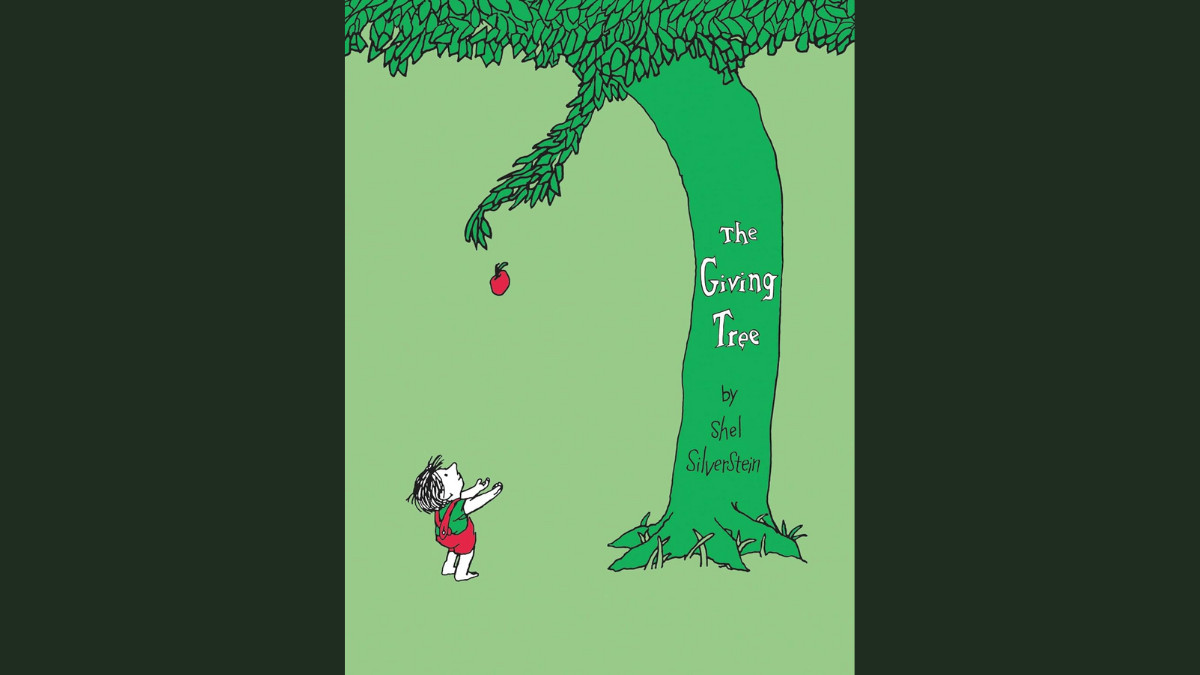
Anyone in a book club can agree that even the most plainly written books are interpretive. Two readers can walk away from the same book with radically different conclusions about the morality of the character’s choices and the lessons the author may have been trying to teach through their story. Case-in-point: The Giving Tree by Shel Silverstein.
If you want to understand how a child you know sees the world, give them a copy of The Giving Tree. The premise is pretty basic: a boy meets a talking tree willing to give him anything she can provide. The book’s art and prose are simple and easy to absorb, but its themes aren’t. Depending on who you ask, this story could be a tale of unconditional parental love, a parable about the thin line between healthy and abusive relationships, or even a biting commentary on humanity’s exploitative relationship with nature.
6. A Long Walk to Water by Linda Sue Park

Talking to children about an issue as heavy as famine can be difficult. Thankfully, there is an ocean of fantastic books aimed at younger readers that tackle this subject with grace and nuance. A Long Walk to Water by Linda Sue Park is one of the best examples, probably because it’s loosely based on the experience of a real person Park met while volunteering in Sudan.
Told from two perspectives, A Long Walk to Water is a triumph of non-linear storytelling. The interconnected tales of Salva Dur and Nya come together to paint a compelling picture of how war and climate change ravage the world’s most vulnerable nations. Thankfully, it’s not all doom and gloom: Park’s insightful and stubbornly optimistic prose pushes back against the darkness of her story, inspiring you to see this journey through to the end.
5. The Wee Free Men by Terry Pratchett
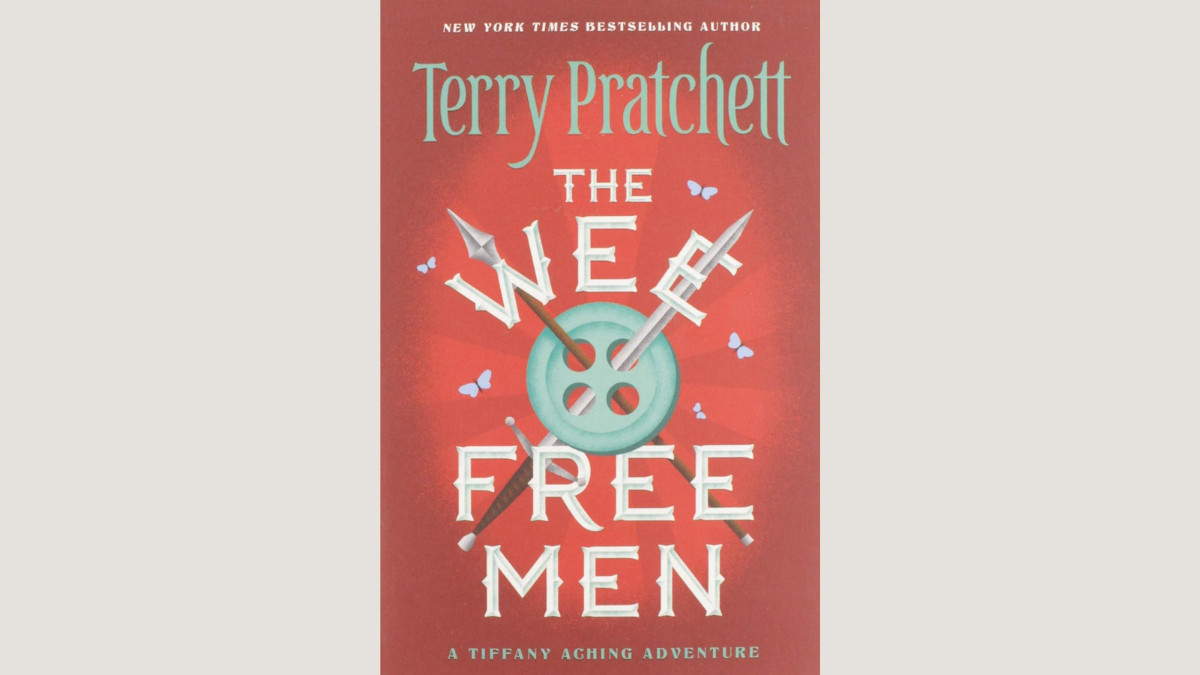
Terry Pratchet’s Discworld series is anchored in one of the most creative fantasy worlds ever conceived. It’s also incredibly family-friendly, so I get away with recommending almost any book in the saga to young readers. However, I think new initiates should start with The Wee Free Men.
Tiffany Aching is one of Discworld‘s best protagonists. She is an intelligent and self-assured witch who doesn’t take nonsense from mischievous fey or ancient hive-minds. Combine Tiffany’s razer wit with Pratchett’s hilarious prose, and you have the recipe for a fantastic entry into one of the most remarkable fantasy series ever written.
4. Out of My Mind by Sharon M. Draper

One of the hardest things to accept about children is that they can be cruel, especially to other children who differ from them. For children with special issues, finding acceptance for themselves and among their peers can be a long and awkward process. It’s no cure-all, but a book like Out of My Mind by Sharon M. Draper can help start a conversation that needs to happen.
Drawing from personal experience, Draper paints a poignant picture of what it’s like to live with cerebral palsy. Melody Brooks is an inspiring protagonist, and her ceaseless resolve to make her voice heard and push back against malicious and well-intentioned attempts to isolate her will tug at the heartstrings. Even more touching is the unconditional support she receives from those who see her as the intelligent, compassionate girl she is.
3. Bridge to Terabithia by Katherine Paterson
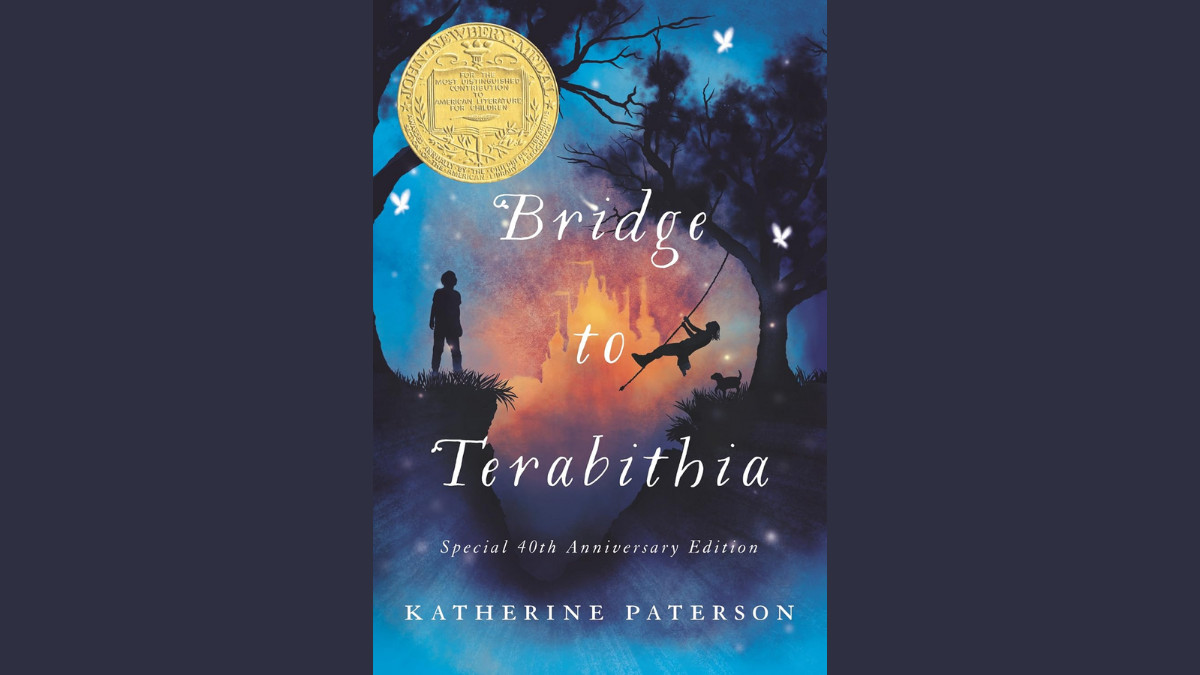
Good books aren’t afraid to expose their readers to challenging topics, and great books present these ideas in ways that prepare them to face life’s gnarliest turns. Bridge to Terabithia by Katherine Paterson is one such book. I can’t stress this enough: be ready to have a serious talk with your child if they read this book.
Jonas Aarons and Leslie Burke’s friendship is one of the most well-written relationships I’ve ever had the pleasure of witnessing, and this makes the tragedy that defines the novel’s third act hit even harder. Few books dare to explore how suddenly death can happen. Even less balance that harsh truth with the comforting knowledge that those we’ve lost never really die as long as we remember the things they taught us during our time together.
2. Matilda by Roald Dahl
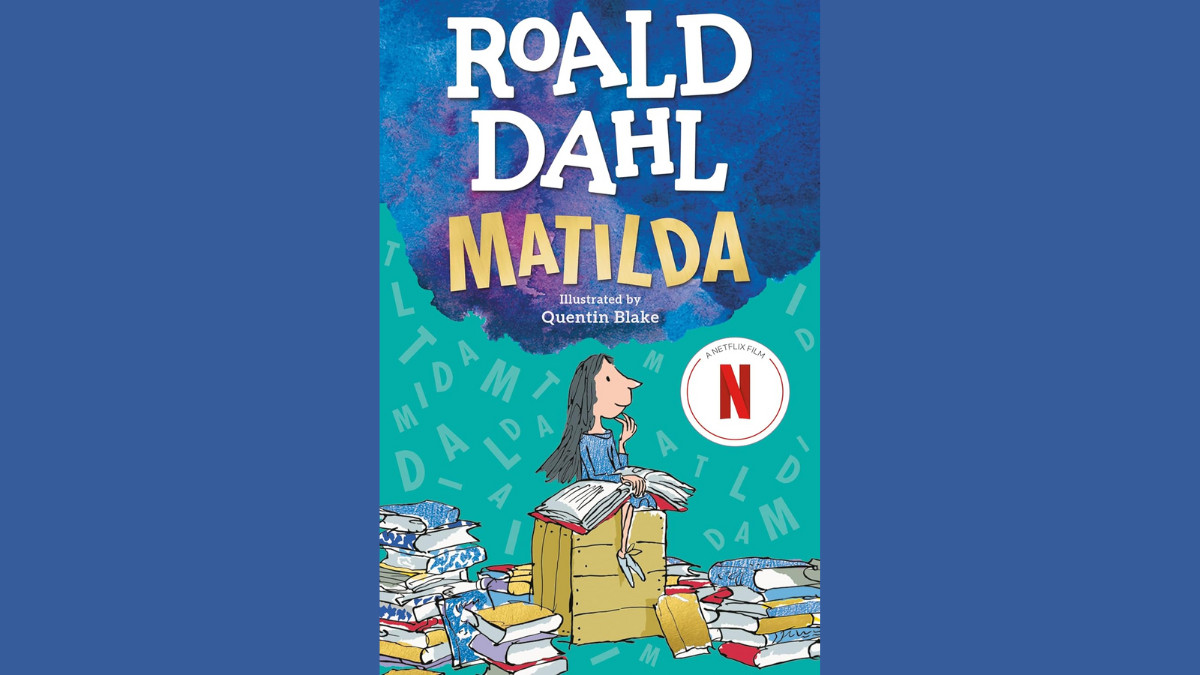
I don’t think anyone alive today went through childhood without being exposed to Roald Dahl’s work. Any of his books is a staple read for children, but I think Matilda is the best pick for this list. It’s a powerful tale about the struggles of growing up in an unsupportive environment and the joy of finding a family where you least expect it.
In 1996, Danny Devito, Nicholas Kazan, and Robin Swicard adapted the book into a fantastic movie. It even became a Broadway musical with some top-shelf songs, which later received a film adaptation. Each of these retellings captures the quirky spirit of the original book, and they’re all worth reading, watching, and listening to.
1. A Wizard of Earthsea by Ursula K. Le Guin

If I ever have the luxury of becoming a parent, I want to introduce them to fantasy books as soon as possible. Classic fantasy books aren’t always accessible to young readers, what with their thick blocks of text and often meandering narration. Tolkien’s good, but my pick for the best “traditional” fantasy book for kids is A Wizard of Earthsea by Ursula K Le Guin.
Le Guin’s wondrous world of islands, wizards, and dragons scratches all my fantasy itches, and her magic system is second only to Brandon Sanderson’s. Above all, though, Le Guin emphasizes the importance of understanding, accepting, and overcoming the darkness within oneself—a lesson I think every child needs to learn.






Published: Dec 23, 2024 08:57 am